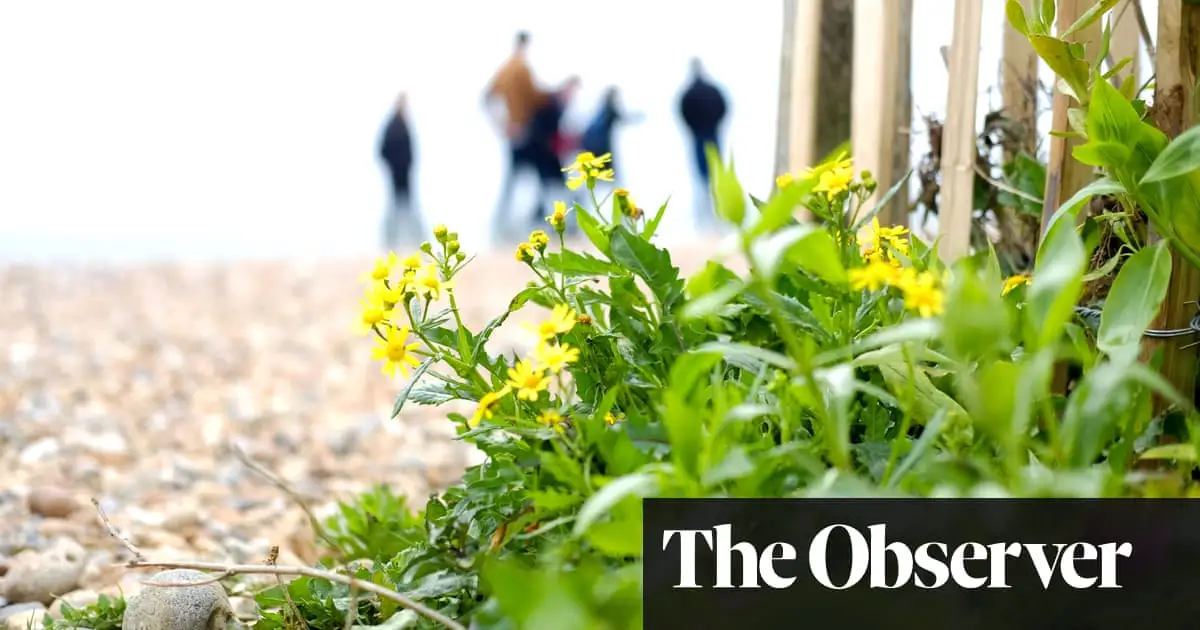On a blustery morning in May on Shoreham-by-Sea’s west beach, Eric Smith and George Short are pointing out treasures the waves have left on the tideline. Cuttlefish bones and balls of whelk eggs, they say, are evidence of recovering marine habitats.
“Just give nature a bit of space and it will come back” says Smith, 76, a former lorry driver by trade, freediver by choice. He first started diving in Sussex coastal waters at the age of 11, and still recalls the underwater “garden of Eden” of his childhood, a kelp forest teeming with bream, lobsters and cuttlefish that stretched 40km between Shoreham and Selsey Bill. It vanished after years of intensive trawling, a destructive form of fishing involving dragging heavy nets along the seabed.
For decades, Smith was a lone voice in his community, battling to stop trawlers further destroying the seabed that hosted the kelp forest, a nursery and spawning ground for fish and other marine life and one of the country’s most biodiverse ecosystems.



I’ve been making endeavours to rewild my back yard for years.